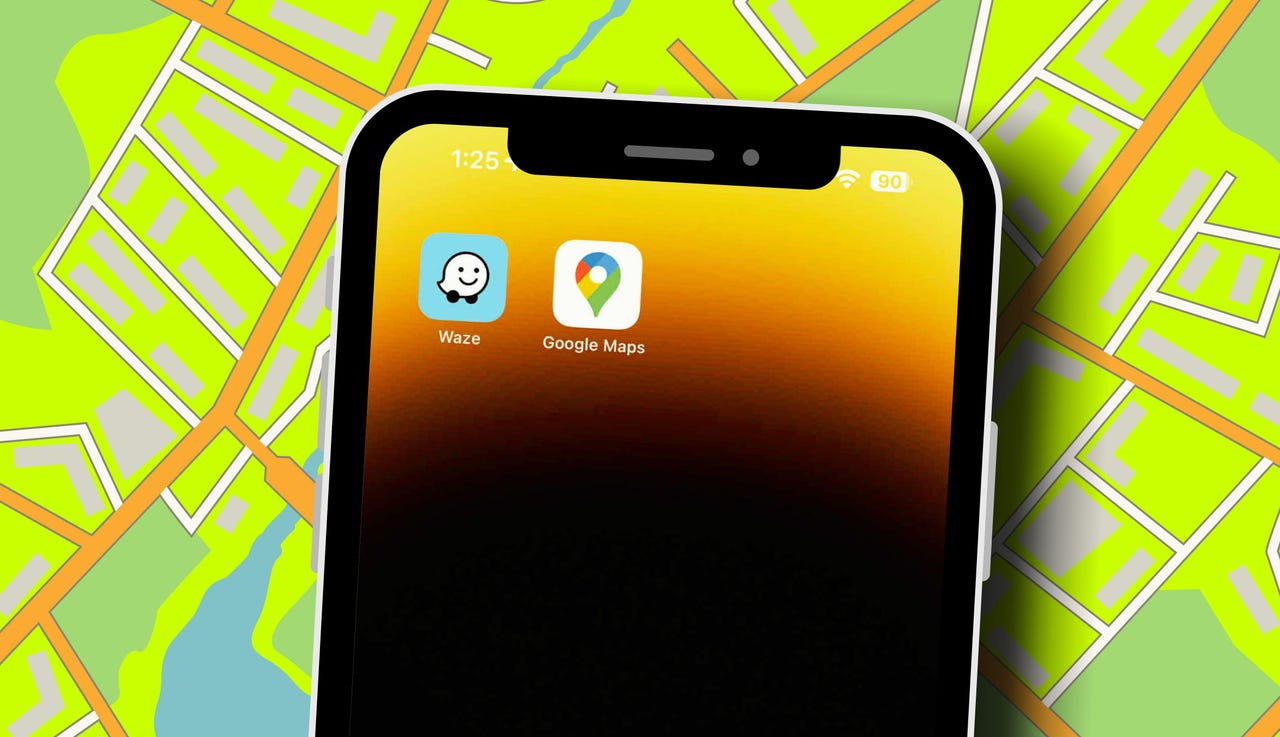UPDATE: A new analysis reveals the ongoing battle between Waze and Google Maps, offering a critical look at which navigation app truly reigns supreme. This showdown is happening right now, and tech enthusiasts are eager to know which app will lead the way in 2023.
Waze, acquired by Google in 2013, is designed for speed, prioritizing the quickest routes and rerouting drivers automatically when traffic conditions change. Conversely, Google Maps offers a more comprehensive approach, factoring in road types and fuel efficiency. For those who value control over their journey, Google Maps allows users to approve reroutes, making it a more measured choice.
In a significant development for public transit users, Waze is strictly for drivers and does not accommodate walking, biking, or public transport. Google Maps shines in this area, providing detailed routes for various travel modes, including live schedules and real-time updates.
Real-time reporting is another critical point in this analysis. While Waze has built its reputation on live, user-generated traffic reports—from jams to speed traps—Google Maps has recently enhanced its reporting capabilities. Users can now report crashes and road closures, although Google Maps still requires manual rerouting decisions based on these inputs.
Police alerts and speed trap notifications are crucial for many drivers. Waze leads in this category, allowing users to report police sightings and mobile detection cameras, while Google Maps has yet to catch up in detail and functionality.
When it comes to offline maps, the landscape shifts again. Waze requires a data connection for functionality, making it less reliable in remote areas. In contrast, Google Maps enables users to download entire regions, making it essential for international travel or areas with weak signals.
Design preferences also come into play. Waze offers a colorful, engaging interface with customization options, while Google Maps delivers a more professional, feature-rich experience, especially for exploring neighborhoods and finding businesses.
In recent updates, both apps have integrated AI voice assistance to enhance user experience. Waze’s “Conversational reporting” feature allows users to verbally communicate traffic conditions, while Google Maps has integrated advanced AI for personalized location suggestions.
As of September 2023, here’s the scorecard based on key features:
– Waze: 3 wins
– Google Maps: 5 wins
This latest analysis confirms that Google Maps edges out Waze by two categories, underscoring its status as a robust navigation tool. Users looking for a feature-rich experience, especially for public transit and offline navigation, will find Google Maps meets their needs effectively.
For those who prioritize quick routes and live alerts, Waze remains a strong contender. As the competition continues to heat up, users are encouraged to assess their personal preferences when choosing between these two powerful navigation apps.
Stay tuned for further updates on this developing story and the latest trends in navigation technology, as users navigate their journeys through an increasingly connected world.







































































